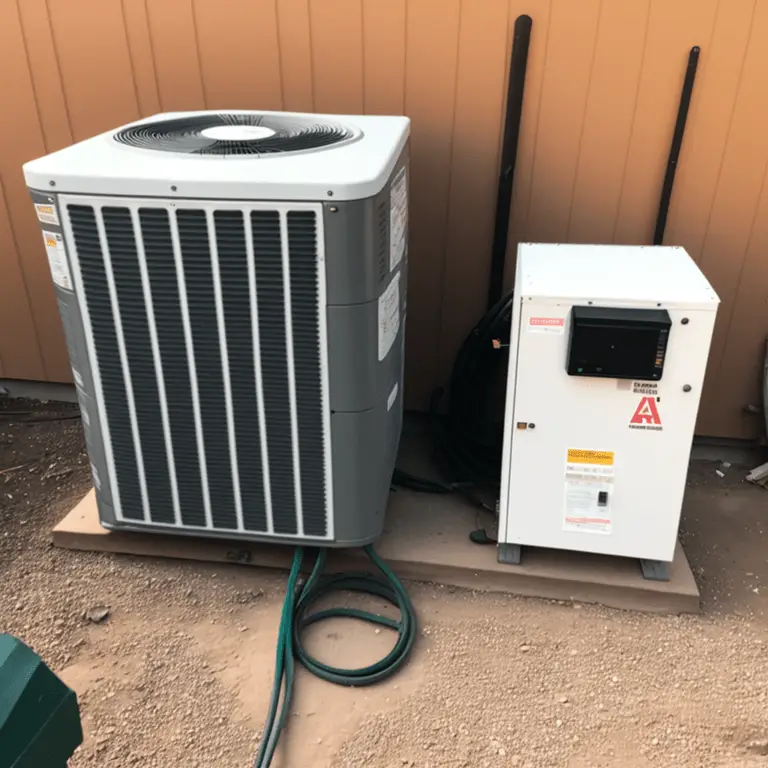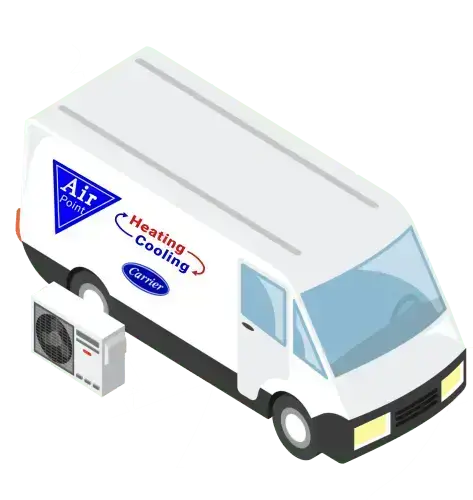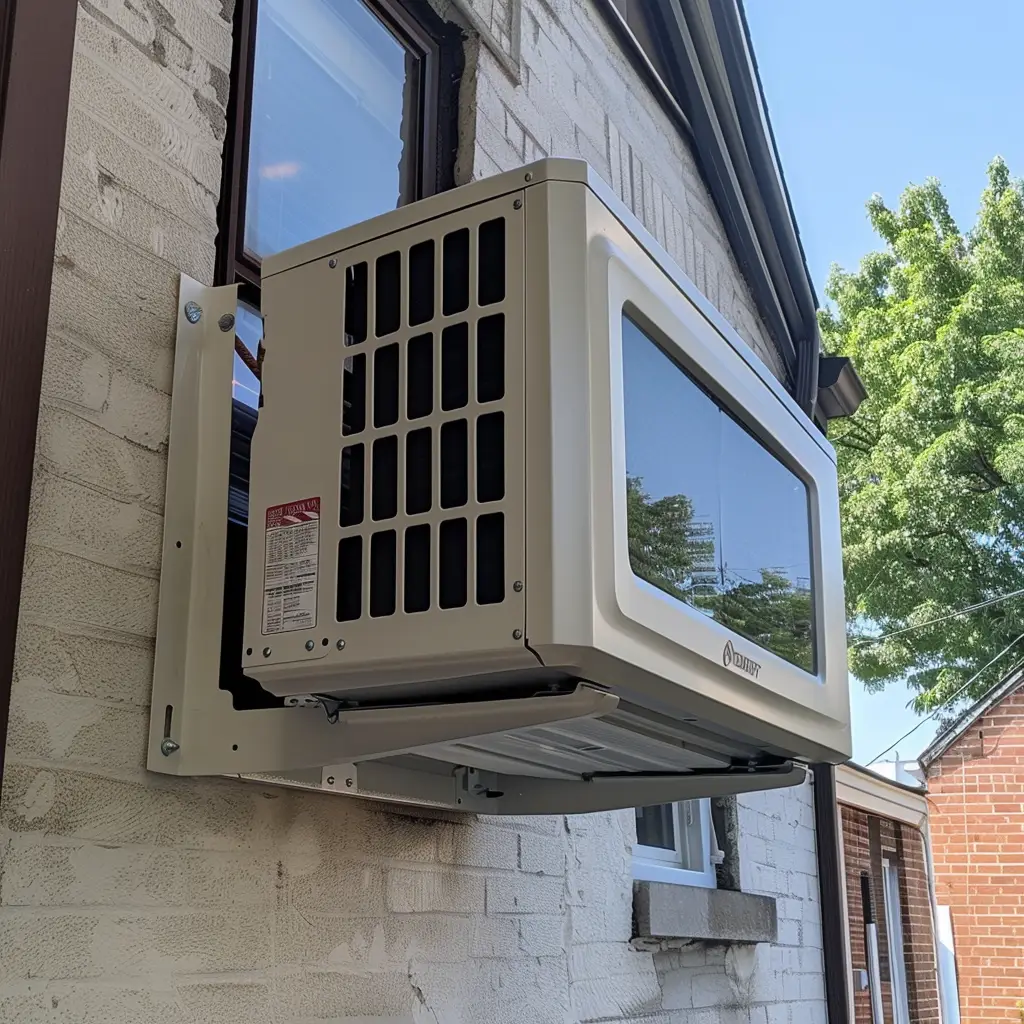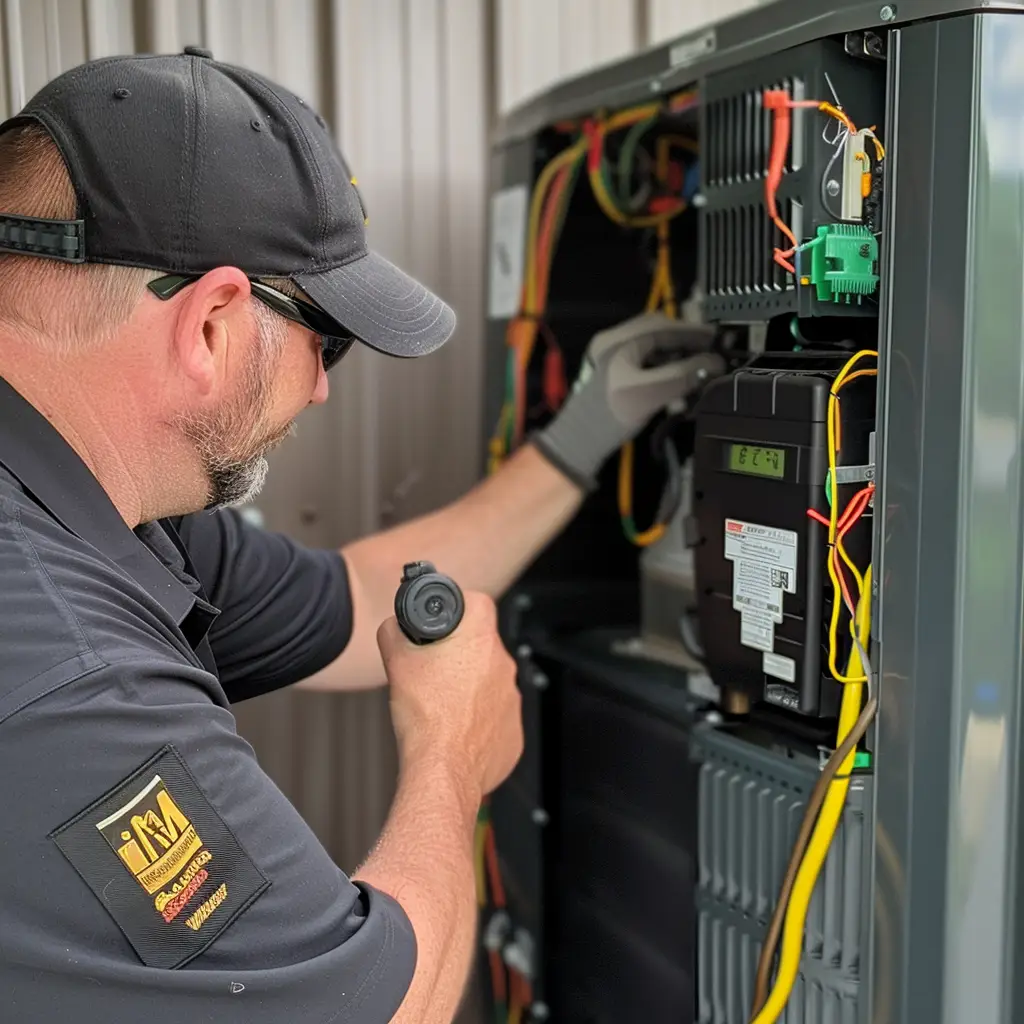Having a properly functioning Heating, Ventilation, and Air Conditioning (HVAC) system is essential for maintaining a comfortable living environment. However, many homeowners face issues with their HVAC systems, which can lead to discomfort and costly repairs. In this article, we’ll cover the five most common HVAC problems and provide guidance on how to fix them. So, let’s dive in!
1. Dirty or Clogged Filters
Signs of Dirty or Clogged Filters
One of the most frequent HVAC issues is dirty or clogged filters. When filters become clogged with dust, dirt, and debris, it restricts airflow and reduces the system’s efficiency. This can lead to higher energy bills, decreased comfort, and even damage to your HVAC system. Some signs that you may have dirty or clogged filters include:
- Reduced airflow from vents
- Unusual noises from the system
- Increased energy bills
- Poor indoor air quality
How to Clean or Replace Filters
To avoid problems caused by dirty or clogged filters, it’s essential to clean or replace them regularly. Most filters should be replaced every 1-3 months, depending on the type and usage. To clean or replace your filters, follow these steps:
- Turn off your HVAC system and locate the filter(s).
- If the filter is reusable, clean it with a soft brush or vacuum cleaner. If it’s disposable, replace it with a new one.
- Make sure the filter is correctly installed, with the arrows on the frame pointing in the direction of the airflow.
- Turn your HVAC system back on and monitor its performance.
2. Leaky Ducts
Causes of Leaky Ducts
Another common HVAC problem is leaky ducts. Ducts are responsible for distributing conditioned air throughout your home, and when they develop leaks, it can lead to a loss of efficiency and uneven temperatures. Leaky ducts can be caused by:
- Poor installation
- Physical damage to the ductwork
- Loose or disconnected joints
- Deterioration due to age
How to Fix Leaky Ducts
Fixing leaky ducts can be a bit more involved, but it’s essential for maintaining your HVAC system’s efficiency. Here’s what you can do:
- Inspect your ductwork for visible signs of leaks, such as disconnected joints or holes.
- Seal any leaks with duct tape or mastic sealant, following the manufacturer’s instructions. 3. For more significant issues or if you’re unsure about the extent of the problem, consider hiring a professional HVAC technician to inspect and repair your ductwork.
3. Thermostat Issues
Common Thermostat Problems
Thermostat issues are another prevalent HVAC problem that can affect your system’s performance. Some common thermostat problems include:
- Incorrect temperature settings
- Malfunctioning sensors
- Dead batteries
- Thermostat location, causing inaccurate temperature readings
How to Troubleshoot Thermostat Issues
To fix thermostat issues, try the following steps:
- Ensure your thermostat is set to the correct mode (heating or cooling) and temperature.
- Check the batteries in your thermostat and replace them if necessary.
- Make sure the thermostat is clean and free of dust or debris.
- If your thermostat is located in direct sunlight or near a heat source, consider relocating it to a more suitable location.
If the issue persists, it might be time to consult a professional or consider upgrading to a smart thermostat for better performance and energy savings.
4. Refrigerant Leaks
Signs of Refrigerant Leaks
Refrigerant leaks can significantly impact your HVAC system’s efficiency and performance. Some signs that you may have a refrigerant leak include:
- Insufficient cooling or heating
- Ice buildup on the evaporator coil or refrigerant lines
- Hissing or bubbling noises from the HVAC unit
- Higher energy bills
How to Fix Refrigerant Leaks
Refrigerant leaks should be addressed by a professional HVAC technician. They will locate the leak, repair it, and recharge the system with safe handling of refrigerants. Attempting to fix refrigerant leaks yourself can be dangerous and may result in further damage to your HVAC system.
5. Blower Motor Problems
Signs of Blower Motor Problems
The blower motor is responsible for circulating air through your HVAC system. Problems with the blower motor can lead to reduced airflow and uneven temperatures. Some signs that you may have a blower motor issue include:
- Weak airflow from vents
- Unusual noises from the HVAC unit
- Constantly running blower motor
- System failing to turn on
How to Fix Blower Motor Issues
Fixing blower motor problems may require the expertise of a professional HVAC technician. However, before calling a technician, you can try these steps:
- Check the blower motor’s power supply and ensure it’s connected and functioning properly.
- Inspect the blower motor for visible signs of damage or wear.
- Clean the blower motor and surrounding components to remove any dirt or debris.
If these steps don’t resolve the issue, it’s best to consult a professional.
Conclusion
By being aware of these common HVAC problems and knowing how to address them, you can maintain a comfortable living environment and avoid costly repairs. Regular maintenance and prompt attention to issues will keep your HVAC system running efficiently for years to come. At AirPoint, we take pride in our status as a Carrier factory authorized dealer and NATE certified company in Toronto. Our commitment to excellence has earned us the title of HomeStars Best of the Best 2023 and 5 stars on Google and HomeStars. Rest assured that when you choose AirPoint, all of our technicians are fully certified by TSSA, HRAI, and CSA, ensuring your HVAC system is in good hands.
If you’re experiencing problems with your AC, check out this video by Word of Advice TV for quick fixes to common issues.
Common HVAC Problem FAQ’s: Answers From The Experts
How often should I change my HVAC filters?
Most filters should be replaced every 1-3 months, depending on the type and usage. Check your manufacturer's recommendations for your specific filter.
Can I fix refrigerant leaks myself?
It's not recommended to fix refrigerant leaks yourself, as it can be dangerous and may result in further damage. Call a professional HVAC technician to address the issue.
How can I improve my HVAC system's efficiency?
Regular maintenance, addressing issues promptly, and upgrading to a smart thermostat are some ways to improve your HVAC system's efficiency. Additionally, proper insulation and sealing of your home can help reduce energy loss and keeps your home comfortable year-round. For more information on proper insulation, visit the U.S. Department of Energy website.
How often should I schedule professional HVAC maintenance?
It's recommended to schedule professional HVAC maintenance at least once a year. This helps ensure your system is running efficiently and can identify potential issues before they become major problems.
Can I clean my ductwork myself?
While you can perform basic cleaning and sealing of your ductwork, it's best to consult a professional for a thorough inspection and cleaning. Professionals have the tools and expertise necessary to ensure your ductwork is functioning optimally.





